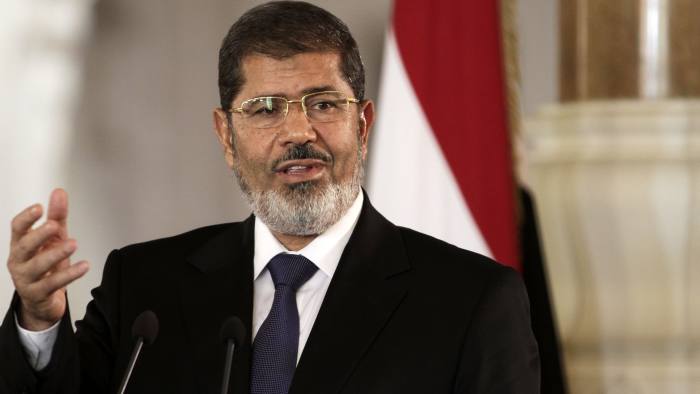With the Grand Ethiopian Renaissance Dam GERD’s crisis reaching the height of complexity between its three parties, Egyptian Foreign Minister Sameh Shoukry made statements that seemed to retreat from the sharp tone of the last two months when officials warned about the dangers of the second filling of the dam.
The foreign minister spoke in a “reassuring” tone about the dangers of starting the second filling of the planned dam in July. He stressed that Egyptian interests would not be affected by the filling, pointing to his country’s ability to deal with risks through tight procedures in managing water resources. Shoukry added that Egypt has a balance of safety available in the High Dam reservoir. “The second filling is a procedure, and the real decisive factor for Egypt is the extent of harm to Egypt,” he added.
According to academic Saeed Abdel Razzaq, these statements undermine all previous Egyptian and Sudanese efforts to demand the world urge Ethiopia to reach a comprehensive, binding, and fair agreement on the rules for filling and operating the GERD. Shoukry’s “shocking” statements, according to Abdul Razzaq, coincide with the repeated statements from Ethiopia about the impossibility of inflicting damage on the two downstream countries throughout the filling period. These statements are always used as a tool to evade international pressures to reach an agreement. He added, “These statements also completely contradict the [Egyptian rhetoric] that was addressed to the international community on the Grand Renaissance Dam recently.”
Over the past two months, Egypt confirmed the desire to adhere to the negotiating path and back down from hinting at military intervention. Still, the issue of the second filling without an agreement remained a red line for Egyptian action. This warning was evident in Abdel Fattah Al-Sisi’s statements when he warned on more than one occasion during the past two months of the repercussions of the GERD’s file on the security and stability of the region. He stressed that all options are open for his country to protect its water security.
Researcher Suad Al-Zamadi pointed out that Shoukry’s statements represent the third important stage in which the Egyptian regime guides the key to victory in this strategic battle to Ethiopia. The first victory was the agreement of principles concluded in March 2015. The second was the silence on the first single filling of the dam last year. She adds, “Every time Egypt offers concessions to Ethiopians and gives them gifts on silver plates, the agreement of principles has become a ritual for Ethiopia to justify its adherence to the sovereign control of the dam.”
The de facto agreement led to Egypt giving up the initiative and losing many of its previously waived cards. It gave Ethiopia absolute recognition of its right to build, fill and operate the dam, and a wide opportunity for political, diplomatic, and technical manipulation. Although Egypt was seeking an agreement based on a special vision from Sisi, that it would guarantee the Egyptian people’s right to life, it turned suddenly in the interest of Ethiopia, which to this day is able to use it profitably, according to Al-Zamadi.
In July of last year, and in conjunction with the African mini summit on the rules for filling and operating the Renaissance Dam, Addis Ababa unilaterally announced the completion of the first filling of the dam, declaring its victory in the face of practically all. Thus, Ethiopia imposed its word, took the sovereign right to act and fill itself, and placed Egypt and Sudan before the fait accompli. “The main danger from the filling is not in the enormity of the negative impact on Egypt in terms of reducing the quantities of water reaching Lake Nasser, but in the victory of Ethiopia on both occasions, which allows it to dare to control the waters of the Nile without any control or deterrent,” Al-Zamadi says.
Above all the technical, environmental, and economic considerations, the Renaissance Dam, if it is run independently of the will or even Egyptian control, will have a severe impact on Egypt’s strategic position by placing it at the mercy of Ethiopia. Shoukry’s statements, which sparked widespread controversy, are not the first of their kind, as he previously underestimated the risk of the second filling of the Renaissance Dam during a speech he delivered before the Egyptian parliament in mid-April.





Recent Comments